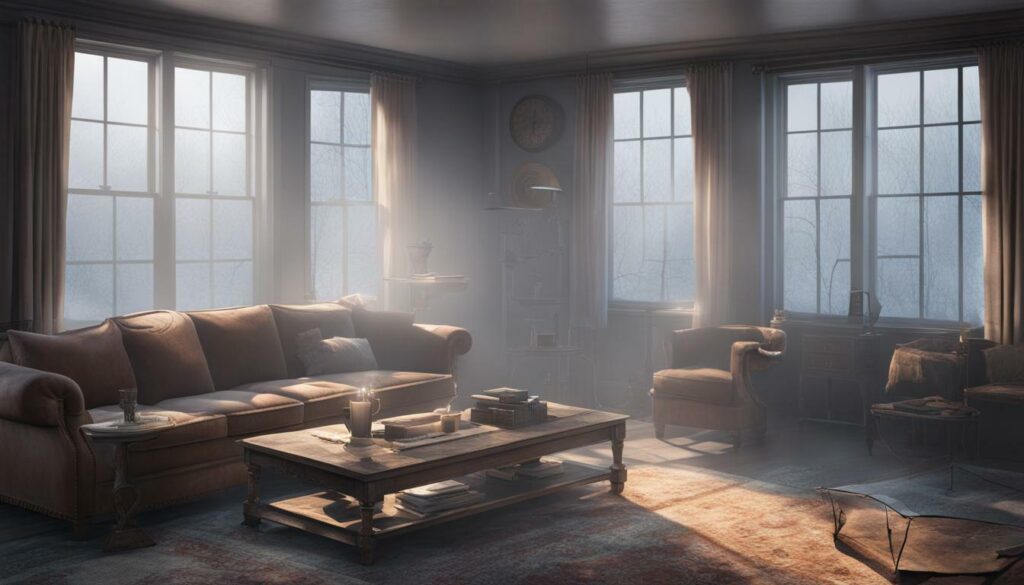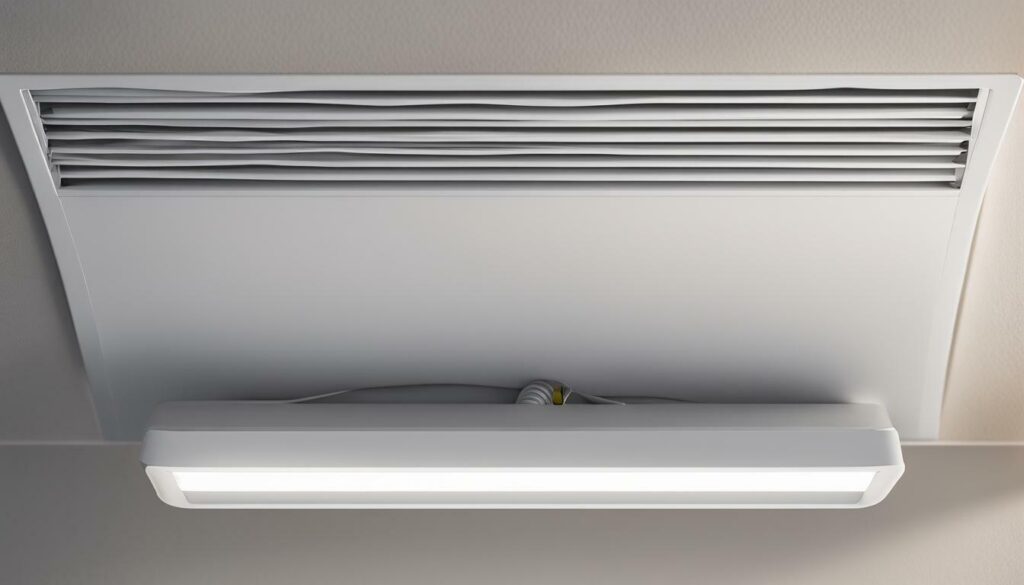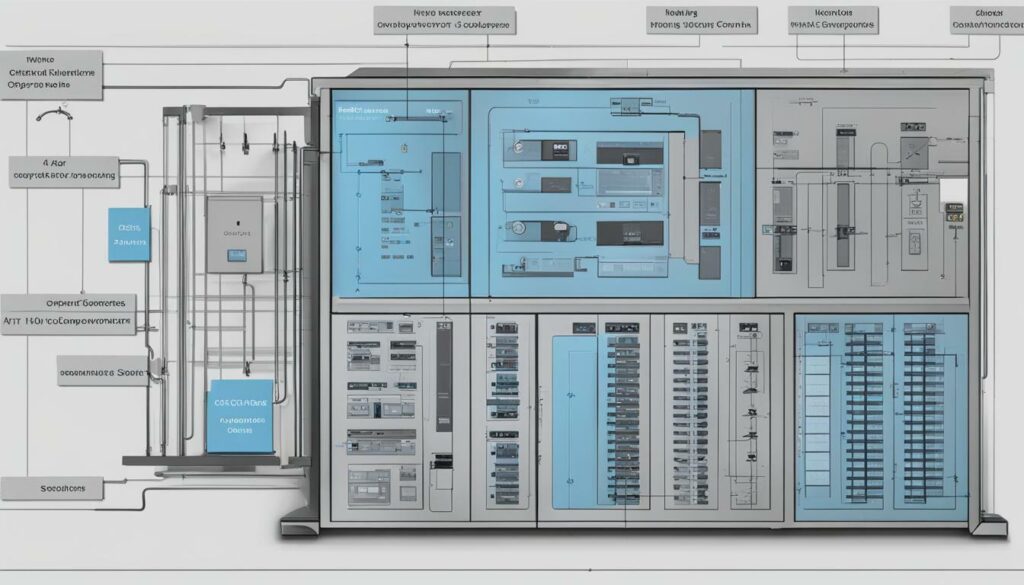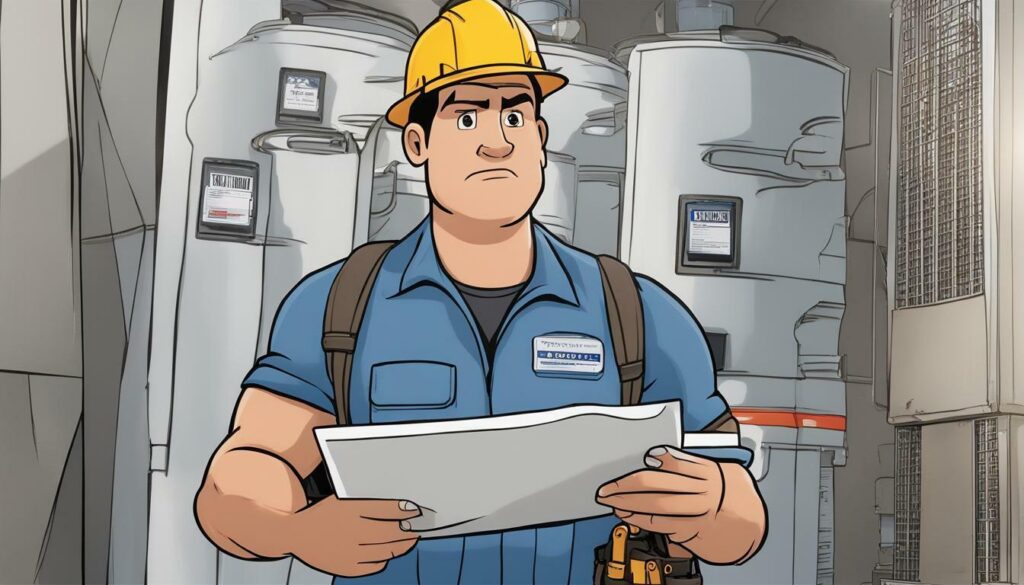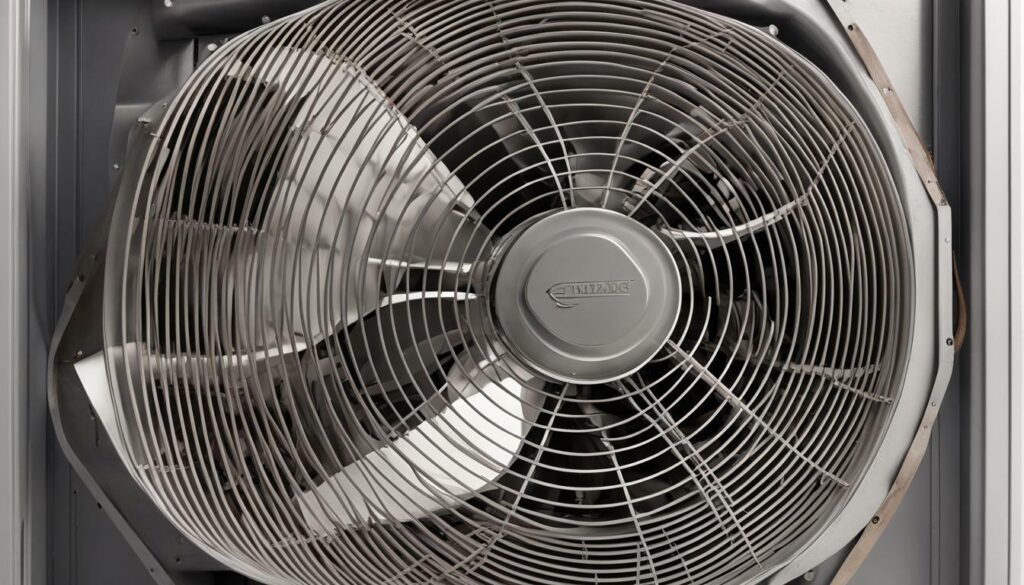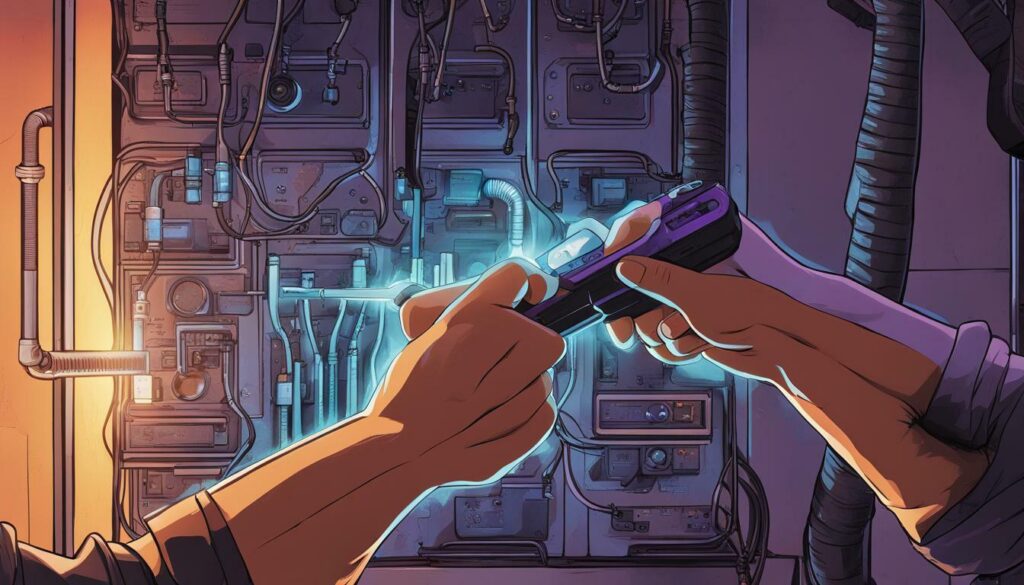As the temperatures drop, you rely on your HVAC system to keep your home warm and comfortable. However, if you’re experiencing issues with your HVAC not keeping up with the cold weather, it can leave you feeling frustrated and chilly. Don’t worry, there are some helpful tips you can use to troubleshoot and address these HVAC problems.
Firstly, make sure your thermostat is set to the correct temperature. If it’s set too low, your HVAC system will struggle to keep up with the cold. Additionally, you should check your air filters. Dirty filters can restrict airflow and make it harder for your HVAC system to heat your home effectively.
If these simple fixes don’t resolve your issue, there may be a more significant problem with your HVAC system. Keep reading to learn more about common HVAC problems in cold weather and how to troubleshoot them.
Key Takeaways
- Make sure your thermostat is set to the correct temperature.
- Check and replace dirty air filters to improve airflow.
- Identify common HVAC problems in cold weather to troubleshoot effectively.
Common Cold Weather HVAC Problems
As the temperature drops, your HVAC system might struggle to keep up with the heating demands of your home. Understanding common heating and cooling issues that arise in cold temperatures can help you troubleshoot any problems with your system.
Some common cold weather HVAC problems include:
- Short cycling, where the system turns on and off frequently without properly heating the home
- Cold spots in certain areas of the home
- Uneven heating throughout the home
- Lack of heat entirely
To troubleshoot these issues, start by checking your thermostat settings and ensuring they are set to the appropriate temperature. You can also check your air filter and clean or replace it if necessary. If these simple solutions don’t solve the problem, it’s best to call a professional to inspect and repair your HVAC system.
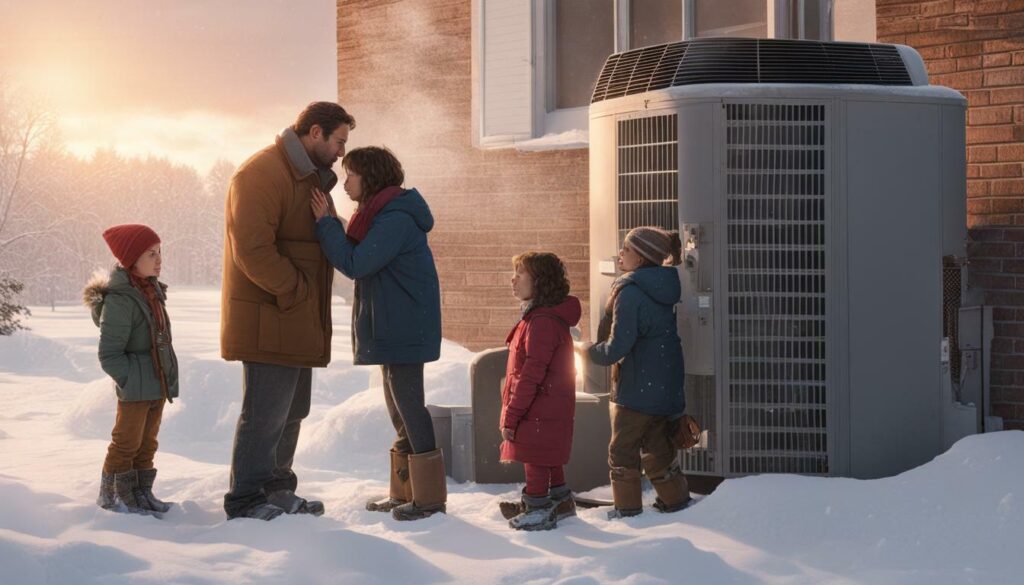

“Understanding common heating and cooling issues that arise in cold temperatures can help you troubleshoot any problems with your system.”
Cold Weather HVAC Maintenance
Regular maintenance of your HVAC system is vital for optimal performance, especially during cold weather. Without proper maintenance, your HVAC system may experience inefficient heating in cold weather and result in increased energy bills. Here are a few reasons why your HVAC system may not be performing efficiently in cold weather:
- Inadequate cleaning of air filters can cause the system to work harder, leading to inefficient heating.
- Neglecting regular maintenance can result in clogged ductwork, reducing the system’s ability to circulate warm air throughout your home.
- Issues with the thermostat or heating control system can cause the system to run longer than necessary, leading to higher energy bills.
To ensure your HVAC system is prepared for cold weather, schedule routine maintenance with a professional HVAC technician. A technician can clean and inspect air filters, check ductwork for obstructions, and identify and address any issues with the thermostat or heating control system.
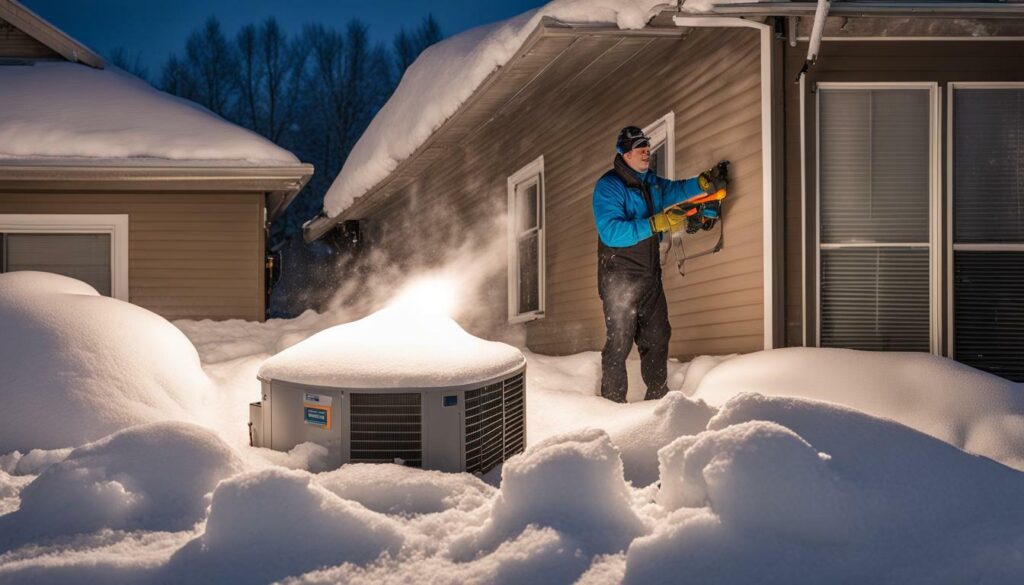

Additionally, as a homeowner, you can take proactive steps to maintain your HVAC system during cold weather. Replace air filters on a regular basis, insulate your home to reduce heat loss, and keep the area around your HVAC system clear of debris.
Troubleshooting HVAC Heating Problems in Cold Conditions
If you’ve noticed that your HVAC system is not keeping up with the cold weather demands, it’s time to take action. Follow these steps to identify and fix any issues preventing your heating system from performing efficiently in cold conditions.
Step 1: Check Your Thermostat
Your thermostat is the control center for your HVAC system. If it’s not working correctly, your heating system may not be turning on when it should. Check that your thermostat is set to “heat,” the temperature is set appropriately, and the batteries are not dead. If you have a programmable thermostat, make sure it’s programmed correctly for your schedule.
Step 2: Clean or Replace Your Air Filters
Clean or replace your air filters regularly to ensure proper air flow through your heating system. Dirty or clogged air filters can cause your heating system to work harder, reducing its efficiency and causing premature wear and tear.
Step 3: Inspect Your Ductwork
Inspect your ductwork for any visible signs of damage or leaks. Damaged or leaky ducts can cause warm air to escape, reducing the efficiency of your heating system. Seal any leaks or repair any damage you find.
Step 4: Check Your Furnace
Inspect your furnace for any signs of damage or malfunction. Your furnace should be checked annually by a professional to ensure it’s working correctly. If you suspect your furnace is not working correctly, contact an HVAC technician as soon as possible.
By following these troubleshooting steps, you can identify and fix any issues preventing your HVAC system from efficiently heating your home in cold conditions. If you’re unsure or uncomfortable with troubleshooting your heating system, it’s always best to contact a professional HVAC technician.
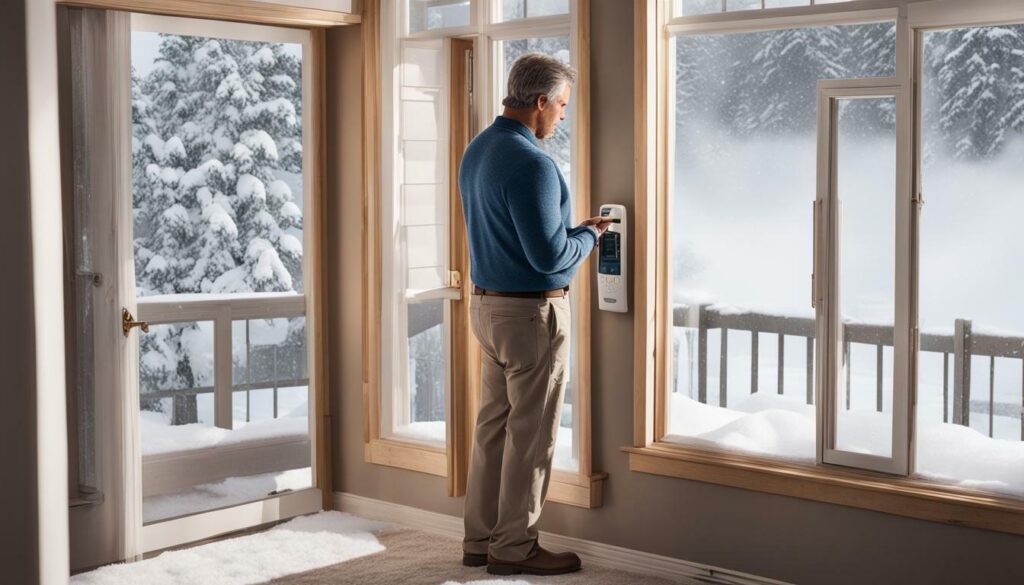

Optimizing Your HVAC System for Cold Climate
If you want to ensure your heating system works efficiently during the colder months, optimizing your HVAC system is crucial. Here are some tips to optimize your HVAC system for cold weather:
Upgrade Your Thermostat
If you’re still using an old thermostat, it may be time to upgrade to a programmable one. With a programmable thermostat, you can set the temperature of your home according to your schedule, which can help you save energy and money. You can also control your thermostat through your phone or tablet, which makes it easy to adjust the temperature when you’re not at home.
Replace Your Air Filters
Clogged air filters can cause your HVAC system to work harder than necessary to maintain a comfortable temperature. We recommend replacing your air filters every 30-60 days to ensure optimal performance.
Seal Your Home
Proper insulation and sealing can make a significant difference in your HVAC system’s performance. Seal any gaps or leaks around windows, doors and walls with caulk or weatherstripping.
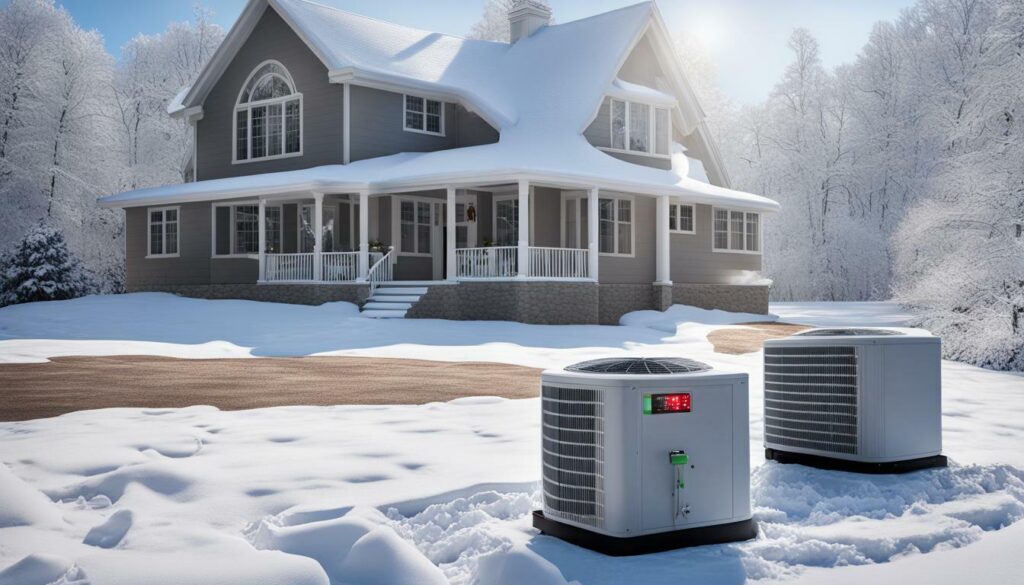

Consider Upgrading Your HVAC System
If your HVAC system is old or not functioning properly, upgrading to a newer, more efficient system can provide significant benefits. An upgraded system can help you save energy and money on your utility bills while also improving your home’s overall comfort.
By following these tips, you can optimize your HVAC system for cold weather and ensure your home stays cozy and comfortable during the colder months.
Improving Heating Performance in Cold Temperatures
If you’re finding that your HVAC system isn’t keeping up with the cold weather, there are several steps you can take to improve its heating performance. By optimizing your system for cold temperatures, you can ensure a warm and cozy home all winter long.
Keep Vents Open and Clean
One essential step in optimizing your HVAC system for cold weather is to ensure that all vents are open and clean. When vents are blocked or clogged with dust and debris, they can’t distribute warm air efficiently throughout your home. Make sure all vents are clear and unobstructed and vacuum or dust them regularly to prevent the buildup of debris.
Seal Leaks and Drafts
Another common cause of inefficient heating in cold weather is air leaks and drafts in your home. This can allow warm air to escape and cold air to enter, making it difficult for your HVAC system to maintain a comfortable temperature. Inspect your doors and windows for any cracks or gaps and seal them with weatherstripping or caulking. This can significantly improve your home’s insulation and help your HVAC system work more efficiently.
Upgrade Thermostat
One way to optimize your HVAC system for cold weather is to upgrade to a programmable thermostat. This can help you better control the temperature in your home and adjust it according to your schedule. For example, you can set your thermostat to turn down the temperature when you’re away from home or sleeping, then automatically turn it up before you return or wake up.
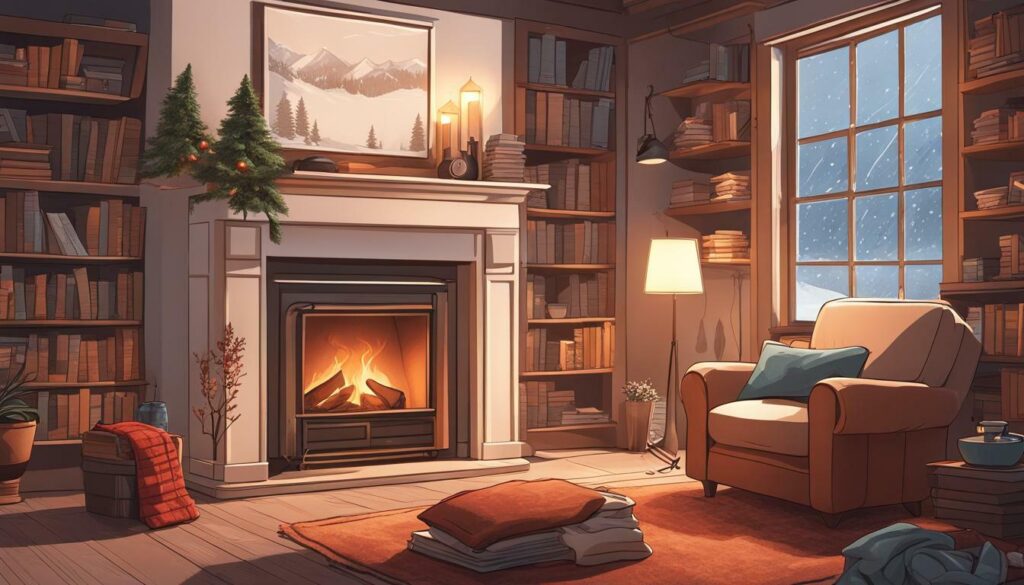

Check Air Filters
Regularly checking and replacing air filters is essential for maintaining optimal HVAC system performance, especially in cold weather. Dirty filters can restrict airflow and make it difficult for your HVAC system to circulate warm air effectively. Check your air filters at least once a month and replace them as needed.
Consider Upgrading Your System
If your HVAC system is old or inefficient, upgrading to a newer, more energy-efficient model can significantly improve heating performance in cold temperatures. Look for models with high AFUE ratings (Annual Fuel Utilization Efficiency) and Energy Star certifications to ensure maximum efficiency and cost savings.
By incorporating these tips and strategies into your HVAC maintenance routine, you can optimize your system for cold weather and ensure a warm and comfortable home all winter long.
Cold Weather HVAC Maintenance
Regular maintenance is essential for ensuring your HVAC system operates at its best, especially during cold weather. Inadequate heating can occur for a variety of reasons, including dirty air filters, faulty thermostats, or malfunctioning components. Here are some essential cold weather HVAC maintenance tips to keep your HVAC system operating optimally:
- Clean or replace air filters: Dirty air filters can impede airflow, reducing heating efficiency and potentially causing damage to your HVAC system. Make sure to clean or replace your air filters regularly to maintain optimal HVAC performance.
- Check thermostat settings: Verify that your thermostat is set to the desired temperature and functioning as intended. A faulty or outdated thermostat can prevent your HVAC system from adequately heating your home.
- Inspect ductwork: Poorly insulated or damaged ductwork can lead to inadequate heating or cooling in your home. Inspect your ductwork regularly and address any issues promptly.
- Seal air leaks: Check your home for air leaks around windows, doors, and other openings. Sealing these leaks can help improve energy efficiency and reduce your heating costs.
- Schedule professional maintenance: Hire a professional HVAC technician to perform annual system maintenance. A qualified technician can identify and address any issues before they become major problems, optimizing your system’s performance and lifespan.
By following these cold weather HVAC maintenance tips, you can help ensure your system operates at peak efficiency, delivering consistent and comfortable heating throughout the winter.
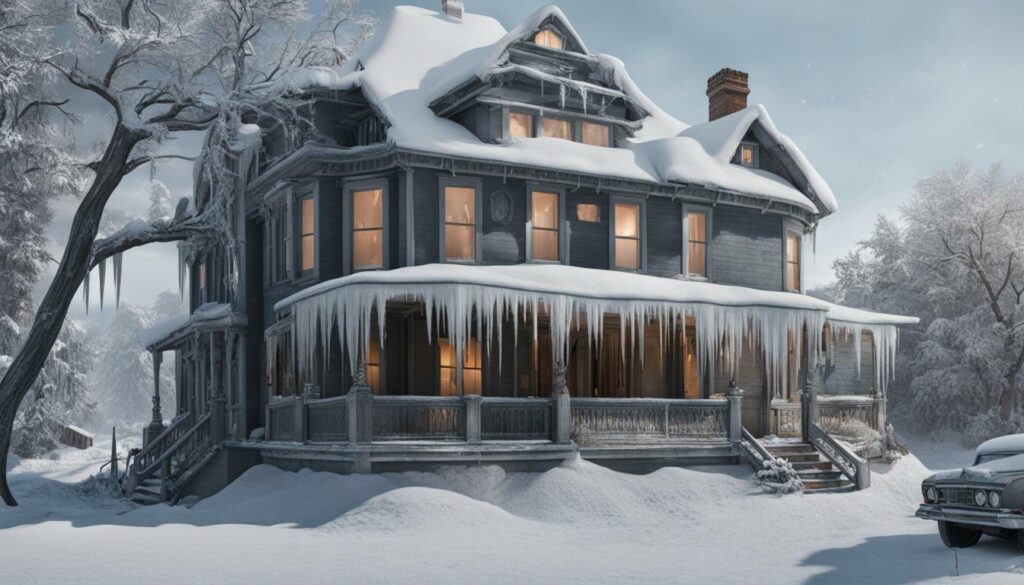

Upgrading Your HVAC System for Better Cold Weather Performance
If you’ve tried troubleshooting your HVAC system and improving its efficiency for cold weather, but it’s still not keeping up with the demand, it might be time to consider an upgrade. A newer, more efficient system can keep your home cozy and comfortable even during the coldest of temperatures.
One option to consider is a heat pump, which can both heat and cool your home with a single system. Heat pumps work by transferring heat, rather than generating it, making them a more efficient option for moderate climates.
If you’re looking for a more traditional option, a high-efficiency furnace or boiler can also improve your system’s performance. Look for models with a high Annual Fuel Utilization Efficiency (AFUE) rating, which indicates how efficiently the system converts fuel into heat.
Another upgrade to consider is a zoning system, which allows you to control the temperature of different areas of your home independently. This can help ensure that each area is heated to the desired temperature, while also reducing energy waste.
No matter what upgrade you choose, be sure to have it installed by a licensed professional to ensure it is done safely and correctly.
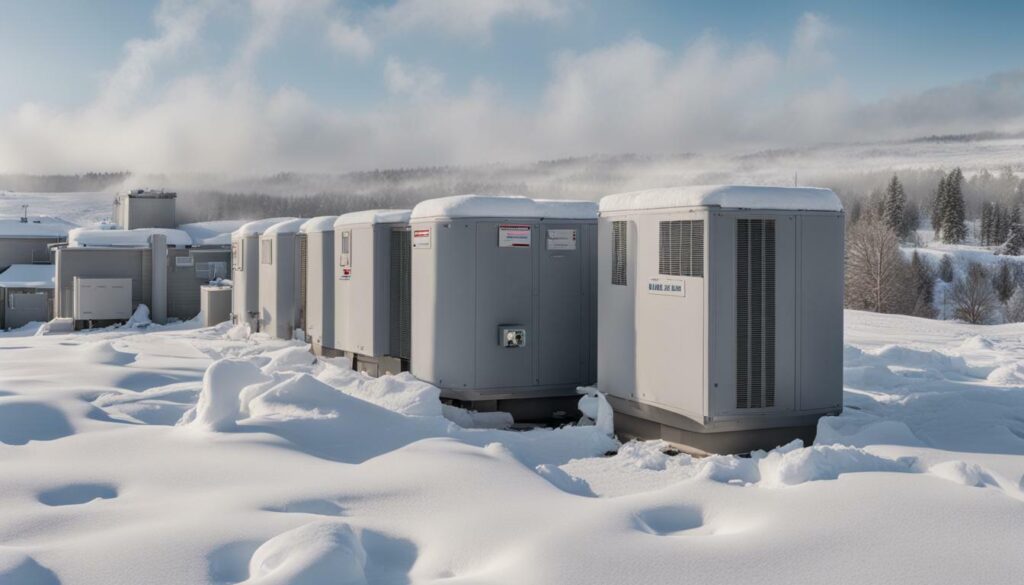

Conclusion
Keeping your home warm and comfortable during cold weather is essential. If your HVAC system is not keeping up with the cold, don’t worry! With the tips and strategies outlined in this article, you can troubleshoot and address common HVAC problems, improve efficiency, and optimize your system for better performance in cold weather.
To summarize, regular maintenance, insulation checks, and upgrades to a more efficient system are all effective ways to improve the heating performance of your HVAC system during colder months. By taking these steps, you can ensure that your home stays cozy and comfortable, no matter how cold it gets outside.
Don’t let inadequate heating in cold weather get you down. Use the information in this article to optimize your HVAC system and keep your home warm and inviting all winter long.
FAQ
Q: How can I improve the performance of my HVAC system during cold weather?
A: There are several tips you can follow to improve your HVAC system’s performance in cold weather. These include checking and changing your air filters regularly, ensuring proper insulation, scheduling regular maintenance, and considering upgrades to your system.
Q: What are some common heating and cooling issues that arise in cold temperatures?
A: Some common HVAC problems during cold temperatures include inadequate heating, uneven temperature distribution, frozen pipes, and reduced airflow. These issues can be caused by factors such as dirty filters, faulty thermostats, or insufficient insulation.
Q: How important is regular maintenance for my HVAC system during cold weather?
A: Regular maintenance is crucial for the optimal performance of your HVAC system, especially in cold weather. It helps identify and address any potential issues before they become major problems, ensures efficient heating, and extends the lifespan of your system.
Q: What can I do to troubleshoot HVAC heating problems in cold conditions?
A: If you’re experiencing HVAC heating problems in cold conditions, you can start by checking the thermostat settings, inspecting the air filters, ensuring proper airflow, and examining the outdoor unit for any obstructions. If the issue persists, it’s recommended to contact a professional HVAC technician for further diagnosis.
Q: How can I optimize my HVAC system for better performance in a cold climate?
A: To optimize your HVAC system for a cold climate, you can consider upgrading to a programmable thermostat, sealing air leaks, adding insulation, and maintaining a consistent temperature. Additionally, scheduling regular maintenance and cleaning the system’s components can also contribute to improved performance.
Q: What are some methods to improve the heating performance of my HVAC system in cold temperatures?
A: Some methods to improve the heating performance of your HVAC system in cold temperatures include ensuring proper insulation, using ceiling fans to circulate warm air, closing curtains or blinds at night, and considering supplemental heating options in specific areas of your home.
Q: How can I address inadequate insulation affecting my HVAC system’s performance in cold weather?
A: To address inadequate insulation, you can start by identifying areas where insulation might be lacking, such as attics, walls, and windows. Adding insulation or sealing gaps and cracks can help improve the efficiency of your HVAC system and prevent heat loss.
Q: Should I consider upgrading my HVAC system if it’s not keeping up with cold weather demands?
A: If your HVAC system consistently struggles to keep up with cold weather demands, upgrading to a more efficient system might be necessary. A new system can provide improved heating performance, better energy efficiency, and increased comfort during colder months.

